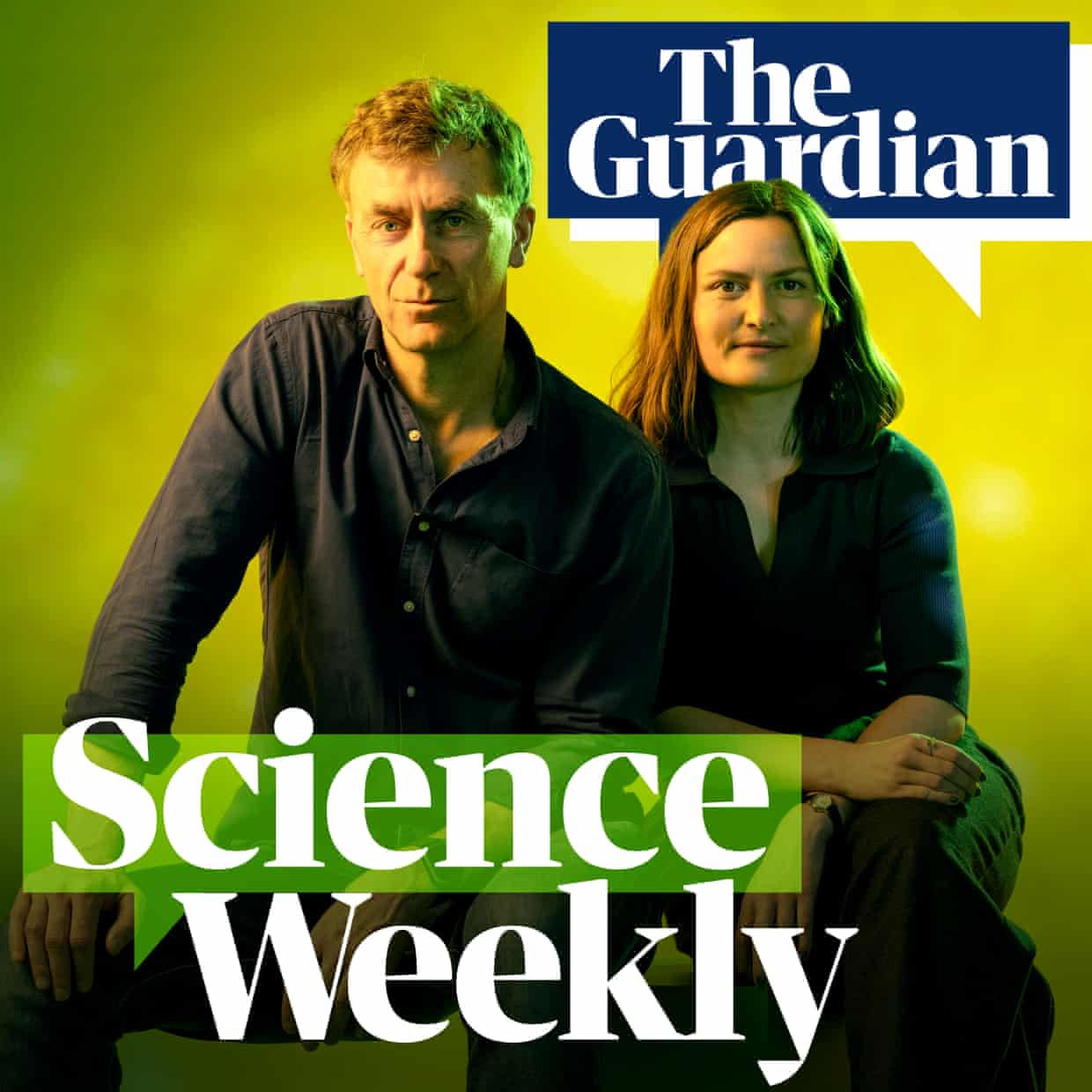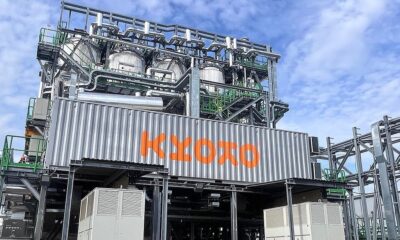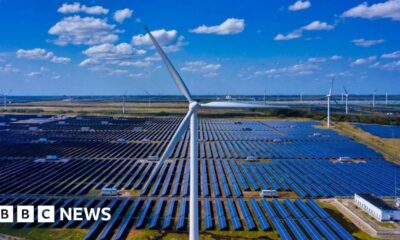Science
Global Seed Bank Secures Future of Biodiversity and Agriculture

The Svalbard Global Seed Vault, often referred to as the “Doomsday Vault,” plays a crucial role in preserving the genetic diversity of the planet’s crops. Located in Norway, the facility safeguards over 1,500 species of seeds, providing a backup for the world’s agricultural heritage. This initiative is vital in the face of climate change, natural disasters, and geopolitical tensions that threaten global food security.
Established in 2008, the Svalbard Global Seed Vault operates under the auspices of the Food and Agriculture Organization (FAO) of the United Nations. It is designed to withstand various catastrophes, ensuring that agricultural species can be restored if they become extinct in their natural habitats. The vault’s construction deep within the Arctic Circle allows it to maintain a stable, cold environment, ideal for seed preservation.
Importance of Genetic Diversity
Genetic diversity is fundamental to agriculture. It allows crops to adapt to changing environmental conditions, resist pests, and recover from disease outbreaks. According to the FAO, approximately 75% of the world’s crop diversity has disappeared over the last century, largely due to industrial agriculture practices and climate change. The Svalbard Global Seed Vault aims to counteract this trend by securing a collection that can support global food systems in the future.
The vault currently houses seeds from various regions, representing a wide range of agricultural practices. This collection not only includes staples like wheat and rice but also less common crops that are crucial for specific climates and cultures. By providing a safety net for these seeds, the facility ensures that farmers can access diverse genetic material for breeding new, resilient varieties.
Global Collaboration and Future Challenges
The success of the Svalbard Global Seed Vault relies on international collaboration. Countries around the world contribute seeds, with the vault serving as a repository for genetic material that might otherwise be lost. The FAO and other organizations are actively involved in collecting seeds and promoting sustainable agricultural practices.
Despite its promising role, the vault faces challenges. Climate change poses a significant risk, influencing the viability of crops and agricultural practices globally. Additionally, geopolitical conflicts can disrupt seed sharing and storage efforts. As such, the importance of the Svalbard Global Seed Vault continues to grow, highlighting the need for ongoing investment in agricultural research and biodiversity conservation.
By safeguarding the seeds that sustain human life, the Svalbard Global Seed Vault stands as a beacon of hope for future generations. Its efforts represent a commitment to preserving the planet’s agricultural heritage and ensuring food security in an uncertain world. The facility not only protects biodiversity but also fosters global cooperation, reminding us of the interconnectedness of our agricultural systems.
-

 Entertainment2 months ago
Entertainment2 months agoAnn Ming Reflects on ITV’s ‘I Fought the Law’ Drama
-

 Entertainment3 months ago
Entertainment3 months agoKate Garraway Sells £2 Million Home Amid Financial Struggles
-

 Health2 months ago
Health2 months agoKatie Price Faces New Health Concerns After Cancer Symptoms Resurface
-

 Entertainment2 months ago
Entertainment2 months agoCoronation Street’s Carl Webster Faces Trouble with New Affairs
-

 Entertainment2 months ago
Entertainment2 months agoWhere is Tinder Swindler Simon Leviev? Latest Updates Revealed
-

 Entertainment3 months ago
Entertainment3 months agoKim Cattrall Posts Cryptic Message After HBO’s Sequel Cancellation
-

 Entertainment2 months ago
Entertainment2 months agoMasterChef Faces Turmoil as Tom Kerridge Withdraws from Hosting Role
-

 Entertainment1 month ago
Entertainment1 month agoOlivia Attwood Opens Up About Fallout with Former Best Friend
-

 Entertainment3 months ago
Entertainment3 months agoSpeculation Surrounds Home and Away as Cast Departures Mount
-

 World1 month ago
World1 month agoCole Palmer’s Mysterious Message to Kobbie Mainoo Sparks Speculation
-

 Entertainment2 months ago
Entertainment2 months agoITV’s I Fought the Law: Unraveling the True Story Behind the Drama
-

 Entertainment3 months ago
Entertainment3 months agoMarkiplier Addresses AI Controversy During Livestream Response





















